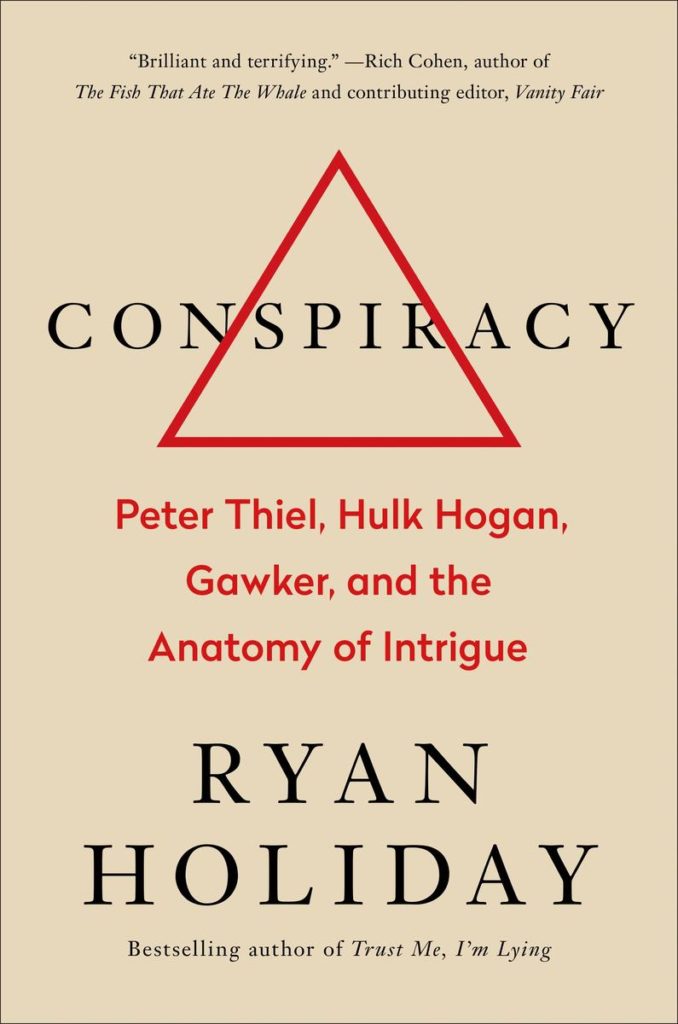
As a result - Chamber of Commerce propaganda aside - stupid cases don’t get brought because the plaintiffs’ lawyers are unlikely to get paid. Plaintiffs’ lawyers share material interests with their clients: if the clients don’t get paid, neither do they. But how the lawyers get paid often determines how this redistribution plays out. While some civil suits justly take money from the responsible party to pay medical bills, lost wages, and other damages, it just as often fails to compensate the truly injured or pays out to large corporations, who have no need for the judgment. At best she’ll only get pennies on the dollar from a self-dealing insurance company obligated to its stockholders to pay as little as possible, no matter how valid the claim.Īll civil litigation amounts to a sloppy and narrow redistribution of wealth. The professor responded: see what happens when the injured person tries to handle the claim herself. When I was a law student, I complained to my ethics professor that it seemed absurd, say, for a car accident victim to pay 33 percent to the lawyer who just wrote a letter to the insurance company resulting in a settlement equal to the other driver’s policy limits. That is, the client does not pay unless and until there is a successful result - a settlement or judgment - in which case the lawyer receives costs advanced and a percentage of the recovery, often on a scale of 33.3 percent to 40 percent. Unless they represent well-heeled corporations or extremely wealthy individuals, plaintiffs’ lawyers work on a contingent basis. Losing plaintiffs’ lawyers often do not get paid for their work. As a result, the elite argue, plaintiffs are encouraged to file frivolous lawsuits, costing defendants hundreds of thousands of dollars.īut the rule cuts both ways. Aside from court costs, an unsuccessful plaintiff does not have to pay the winning side’s legal fees. The ruling class wants to limit its exposure to juries and plaintiffs’ lawyers because the United States, for the most part, does not have a “loser pays” rule. All of these practices either prevent civil cases from being filed in the first place or encourage plaintiffs to settle for far less than their cases are worth. This so-called reform functionally transfers wealth from legitimately injured people to multinational corporations and insurance companies by limiting damages, barring class actions, and requiring mandatory pre-suit arbitration. They claim that litigation functions like a lottery, where justice is meted out randomly and without justification, where robbers sue their victims for injuries, aunts sue nephews for hugging them too forcefully, and some lucky woman made millions just because she spilled McDonald’s coffee on herself.īy amplifying and distorting stories like these, groups like the Chamber of Commerce and the American Legislative Exchange Council have successfully pushed for bogus tort reform in legislatures, courts of appeal, and the Supreme Court.
The mechanics of civil suits often confuse non-lawyers, a fact that industry groups have capitalized on to spread misinformation about the process. Peter Thiel’s ability to bankroll the Bollea suit illustrates by counterexample how the system is stacked against those who don’t have vast resources to pay teams of lawyers. Gawker’s demise is rooted in the contradictions of the American legal system, where attorneys - who, like everyone else, want to get paid - are responsible for establishing citizens’ and corporations’ rights and responsibilities in court.

Univision acquired six of Gawker’s sister-sites and permanently shuttered the flagship blog. The $140 million judgment, owed to plaintiff Terry Bollea (better known as Hulk Hogan), forced Gawker Media to hold a bankruptcy auction. That’s the lesson Peter Thiel, a revanchist fanatic, taught us all when he used his personal wealth to finance the proxy war that obliterated Gawker.


 0 kommentar(er)
0 kommentar(er)
